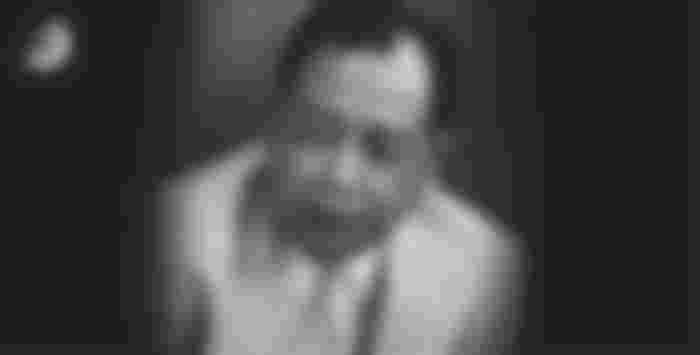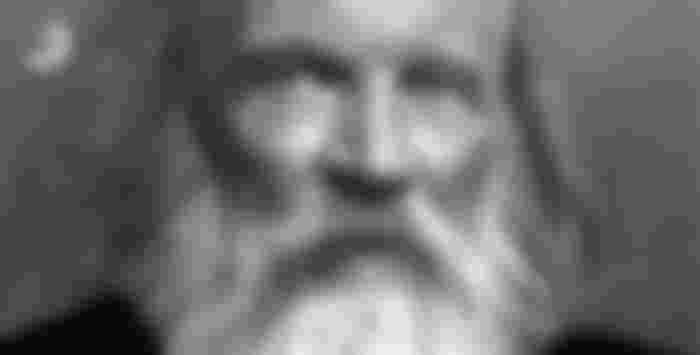02/08 What Happen Yesterday?

Claro M. Recto, Jr. was born.
February 8, 1890

Today is the 131st birthday of Claro Mayo Recto, Jr., the so-called "Great Academician" and modern patriot of his time. He was born in Tiaong town, Tayabas (now Quezon province), from the middle-class family of Claro Recto, Sr., and Micaela Mayo. He studied Latin at the Instituto de Rizal in Lipa, Batangas and continued his secondary education at the Colegio del Sagrada Corazon and graduated in 1905. He also studied at the Ateneo Municipal de Manila and graduated with a Bachelor of Arts as maxima cum laude. He also earned his Master's degree in Law from the University of Santo Tomas, and a Doctorate degree from the same course at Central Philippine University.
Claro Recto, Jr. became a politician, judge, and later father of the 1935 Constitution. In 1919 he became congressman of the second district of Batangas, and became a minority floor leader of Congress. Recto briefly left politics to become a professor of law, and in 1924 he founded the Democratic Party after he went to America to be part of the independence mission for the Philippines. He was elected Senator, and was appointed Associate Justice of the Supreme Court from 1934 to 1935.
He was tasked with presiding over the Constitutional Convention which would formulate the Constitution of the Commonwealth government, according to the Tydings-McDuffie Law which guarantees a 10-year transition to the country's sovereignty. He also presented the final draft of the new Constitution to President Franklin D. Roosevelt, and he also approved it on Recto's birthday in 1935. He became Senator again in the second term, but when the Japanese arrived he served on them as Commissioner of Education and Minister of Foreign Affairs from 1942 to 1944.
Although a devout Christian, he strongly opposed the Catholic Church, first when he criticized the Church's interference in voting freedom, second when he taught religion in public schools, and especially when he proposed the Rizal Law, mandating high schools and colleges across the country to study the life and novel works of Jose Rizal. He also proposed clarifying the principle of separation of god-belief in the state. Finally, despite the priests' protest against Rizal law, it was passed and approved by President Ramon Magsaysay in 1956. Above all, Recto was also a poet, who used his writing talent to foster patriotism and rejection in the colonial mentality. One of his last jobs as Senator was the implementation of the "Filipino Muna" policy under the Carlos Garcia administration.
The so-called "finest mind of his generation" died on the second day of October, 1960 at the age of 80. His legacy of love and devotion to his homeland and true public servant no doubt made him famous as one of the great Filipinos who survived, in parallel with Jose Rizal and Apolinario Mabini.
Chemist Dmitri Mendeleev was born
February 8, 1834

One of the developers of the current Periodic Table of Elements is Russian chemist Dmitri Ivanovich Mendeleev, who is now in his 187th birthday.
He comes from a poor family in the present town of Tobolsk in Siberia, and is the youngest of 14 children of Ivan Mendeleev and Maria Kornileva. He was only ten years old when his father died, and his mother worked in a lamp factory. From Tobolsk his mother educated him at the Main Pedagogical Institute in St. Petersburg. Petersburg, but before graduating in 1855 he was completely orphaned.
Dmitri became a teacher in Crimea and Odessa before returning to St. Petersburg to study again, and this time he became aware of the subject that would make him famous, chemistry, where he graduated with a master's degree in organic chemistry in 1856. After being awarded a scholarship by the Russian government, he studied he was at the University of Heidelberg in Germany, where he built his own laboratory rather than collaborating with famous chemistry professors there. He also participated in an international congress of chemists where he met some of the most famous chemists of the time and learned chemistry issues such as atomic number and mass, and formulas and names of elements. He even became a professor at the present St. Petersburg State University where he taught chemical technology and general chemistry.
As he taught he also began to form an organized set of existing elements known at the time. According to Mendeleev, there must be order in the order of the atomic masses, and this is where the first periodic table of elements was born. He published the book The Principles of Chemistry in 1869 which contained his own composition of about 70 elements. At first his study was not enjoyed but with the discovery of elements such as Germanium, Scandium and Gallium his main periodic table was also accepted in mainstream chemistry, and became the main basis for changes in the periodic table in subsequent generation. Mendeleev died at the age of 74 in St. Petersburg, Russia on February 2, 1907.
In honor of Mendeleev the newly discovered element was named after him in 1955 with the atomic number 101.
Copyright © 2021 MidnightWriter. All Rights Reserved

